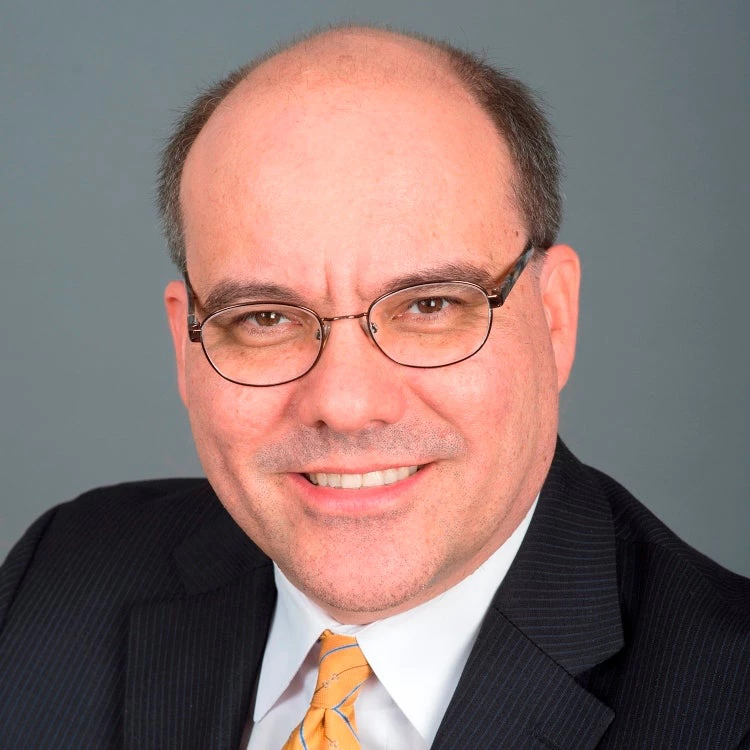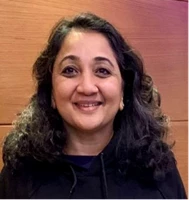Uganda is the largest refugee hosting country in Africa and third largest in the world. While the history of refugee hosting dates back to the 1960s, Uganda has experienced a continuous and massive influx of refugees largely from the Democratic Republic of Congo, South Sudan and Burundi since 2016. According to the United Nations High Commissioner for Refugees, as of late October 2019, Uganda is hosting approximately 1.35 million refugees.
Credited for implementing one of the most progressive refugee policy regimes in the world, the Government of Uganda provides refugees freedom of movement and employment, and access to basic services offered by the national systems. In Uganda, a majority of refugees face protracted displacement and reside in settlements located predominantly in Uganda’s poorest districts.
Therefore, by sustaining this open-door asylum policy and development-oriented model, the government is faced with the challenges of delivering services, the negative impacts on the environment, and limited administrative capacities at the national and district levels. Furthermore, there are sometimes social risks associated with a large influx of refugees, including gender-based violence and violence against children.
In response to these challenges, the Government of Uganda launched a US$ 500 million developmental response program to address forced displacement impacts complementing the humanitarian response. And the World Bank is helping to meet those challenges as well with their support with the Development Response to Displacement Impacts Project which tackles improvements in access to basic services (health, education, water and sanitation), expansion of economic opportunities, enhancement of environmental management and in the 11 refugee hosting districts.
In addition, the Uganda Support to Municipal Infrastructure Development Project is sharing tools with eight district local governments hosting refugees on how to handle service delivery challenges; promote investment; socio economic development; planning, land tenure security and small-scale infrastructure investments targeting both refugees and the host community.




Join the Conversation